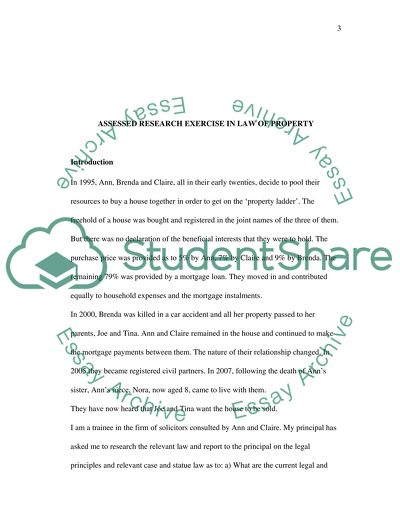Cite this document
(“Assessed research Exercise in Law of Property Case Study”, n.d.)
Assessed research Exercise in Law of Property Case Study. Retrieved from https://studentshare.org/law/1514468-assessed-research-exercise-in-law-of-property
Assessed research Exercise in Law of Property Case Study. Retrieved from https://studentshare.org/law/1514468-assessed-research-exercise-in-law-of-property
(Assessed Research Exercise in Law of Property Case Study)
Assessed Research Exercise in Law of Property Case Study. https://studentshare.org/law/1514468-assessed-research-exercise-in-law-of-property.
Assessed Research Exercise in Law of Property Case Study. https://studentshare.org/law/1514468-assessed-research-exercise-in-law-of-property.
“Assessed Research Exercise in Law of Property Case Study”, n.d. https://studentshare.org/law/1514468-assessed-research-exercise-in-law-of-property.


